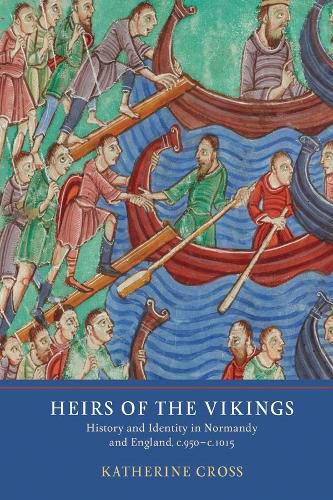Readings Newsletter
Become a Readings Member to make your shopping experience even easier.
Sign in or sign up for free!
You’re not far away from qualifying for FREE standard shipping within Australia
You’ve qualified for FREE standard shipping within Australia
The cart is loading…






Viking settlers and their descendants inhabited both England and Normandy in the tenth century, but narratives discussing their origins diverged significantly. This comparative study explores the depictions of Scandinavia and theevents of the Viking Age in genealogies, origin myths, hagiographies, and charters from the two regions. Analysis of this literary evidence reveals the strategic use of Scandinavian identity by Norman and Anglo-Saxon elites. Countering interpretations which see claims of Viking identity as expressions of contact with Scandinavia, the comparison demonstrates the local, political significance of these claims. In doing so, the book reveals the earliest origins of familiar legends which at once demonize and romanticize the Vikings - and which have their roots in both Anglo-Saxon and Norman traditions.
$9.00 standard shipping within Australia
FREE standard shipping within Australia for orders over $100.00
Express & International shipping calculated at checkout
Viking settlers and their descendants inhabited both England and Normandy in the tenth century, but narratives discussing their origins diverged significantly. This comparative study explores the depictions of Scandinavia and theevents of the Viking Age in genealogies, origin myths, hagiographies, and charters from the two regions. Analysis of this literary evidence reveals the strategic use of Scandinavian identity by Norman and Anglo-Saxon elites. Countering interpretations which see claims of Viking identity as expressions of contact with Scandinavia, the comparison demonstrates the local, political significance of these claims. In doing so, the book reveals the earliest origins of familiar legends which at once demonize and romanticize the Vikings - and which have their roots in both Anglo-Saxon and Norman traditions.